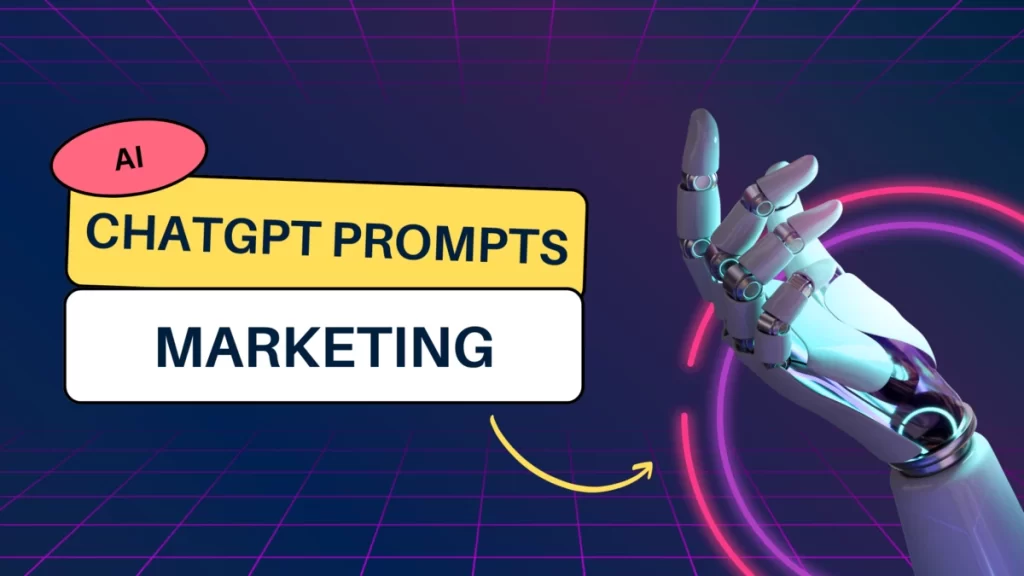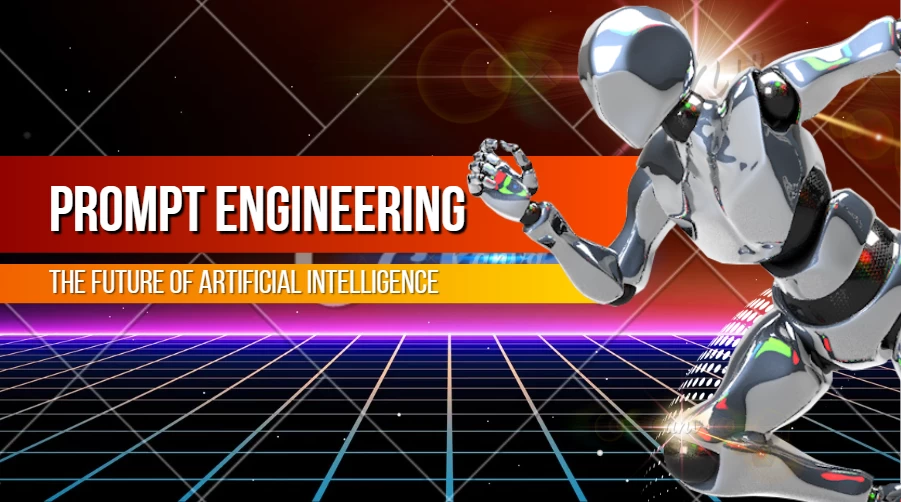Embarking on the journey to learn Artificial Intelligence (AI) from scratch is a compelling and transformative endeavor. In an era dominated by technological advancements, understanding AI opens doors to a realm of possibilities. Whether you’re intrigued by machine learning algorithms, neural networks, or the broader landscape of intelligent systems, diving into AI offers a fascinating exploration of the intersection between technology and creativity.
A Beginner’s Guide: Learning AI from Scratch
AI, the driving force behind innovations like self-driving cars and personalized recommendations, is reshaping industries and daily life. Delving into AI not only equips individuals with sought-after skills in today’s job market but also provides a deep understanding of the technologies shaping the future.
Key Benefits of Learning Artificial Intelligence (AI)
The benefits of learning AI extend far beyond career prospects. It nurtures problem-solving skills, enhances critical thinking, and fosters creativity. AI enthusiasts find themselves at the forefront of technological innovation, contributing to groundbreaking developments that span healthcare, finance, marketing, and beyond.
1. Innovative Problem Solving
Acquiring AI knowledge enhances your ability to approach problems innovatively. AI solutions often require creative thinking and strategic problem-solving skills, providing a dynamic learning environment for tackling complex challenges.
2. Critical Thinking Development
The study of AI involves exploring intricate algorithms and models, fostering the development of critical thinking. Analyzing and understanding the logic behind AI systems contributes to a sharper and more analytical mindset.
3. Versatility in Career Opportunities
AI skills open doors to a wide array of career opportunities. Whether in data science, machine learning, or AI research, the versatility of AI expertise allows you to navigate diverse and rapidly evolving fields.
4. Global Impact Across Industries
AI’s applications extend across various industries, including healthcare, finance, and manufacturing. Learning AI empowers you to make a global impact by contributing to advancements that address critical challenges in these sectors.
5. Enhanced Creativity
AI is a catalyst for creativity, enabling individuals to devise intelligent solutions to real-world problems. The process of conceptualizing and implementing AI projects nurtures a creative mindset, essential for driving innovation.
6. Adaptability to Future Technologies
As AI continues to advance, learning in this field ensures you remain adaptable to future technological changes. Stay ahead in an ever-evolving landscape and contribute to shaping the future of technology.
7. Lifelong Learning and Personal Growth
The pursuit of AI knowledge reflects a commitment to lifelong learning. Stay intellectually engaged and experience personal growth by continually exploring the latest advancements in AI technologies.
8. Competitive Edge in the Job Market
In an increasingly competitive job market, AI skills are highly valued by employers. Possessing expertise in AI not only broadens your employability but also positions you as a sought-after professional in high-demand industries.
Applications of AI: Where Intelligence Takes Center Stage
Understanding AI opens doors to diverse applications. From developing predictive models for financial markets to creating intelligent virtual assistants and optimizing supply chain processes, the applications are vast. AI’s impact spans industries, revolutionizing the way we work, communicate, and solve complex problems.
Also See: Prompt Engineering Course Free
Navigating the Learning Landscape: Sources for AI Education
1. Online Courses and Platforms
Platforms like Coursera, edX, and Udacity offer comprehensive AI courses, often taught by leading experts in the field. Courses range from beginner-friendly introductions to more advanced topics.
2. Books and Documentation
Dive into fundamental AI concepts through books like “Artificial Intelligence: A Modern Approach” by Stuart Russell and Peter Norvig. Explore online documentation for popular AI frameworks like TensorFlow and PyTorch.
3. Interactive Learning
Engage in hands-on learning through platforms like Kaggle, where you can participate in real-world AI challenges. Interactive coding environments like Jupyter Notebooks facilitate practical exploration.
4. University Courses
Many universities offer online AI courses, providing structured education on topics such as machine learning, natural language processing, and computer vision.
Conclusion
Embarking on the journey to learn AI from scratch is an investment in personal and professional growth. As AI continues to shape the world around us, acquiring these skills positions individuals at the forefront of innovation.
Frequently Asked Questions (FAQs)
Can I learn AI without a programming background?
While a programming background is beneficial, there are beginner-friendly AI courses that gradually introduce programming concepts.
What are the prerequisites for learning AI?
Basic understanding of mathematics and programming, along with curiosity and dedication, are ideal prerequisites.
How can I apply AI in real-world projects as a beginner?
Platforms like Kaggle provide beginner-friendly datasets and challenges, allowing you to apply your AI knowledge in practical scenarios.



